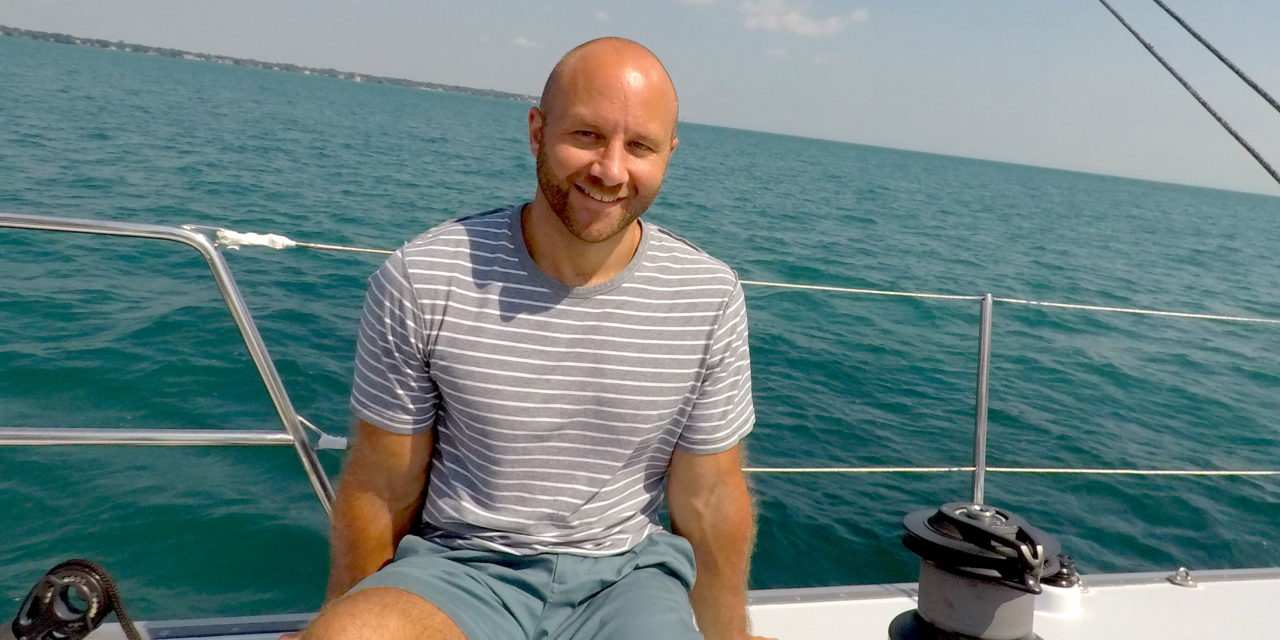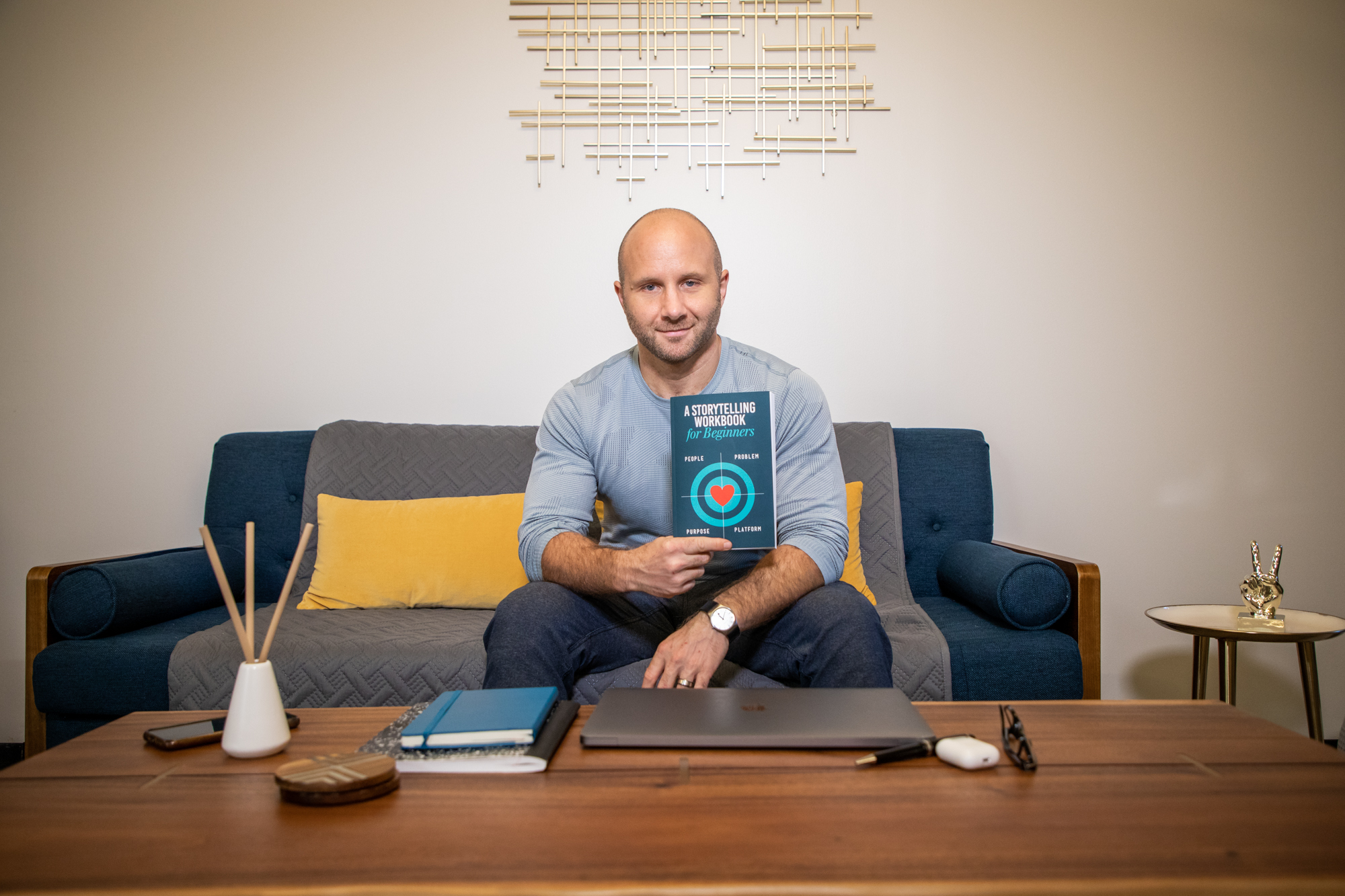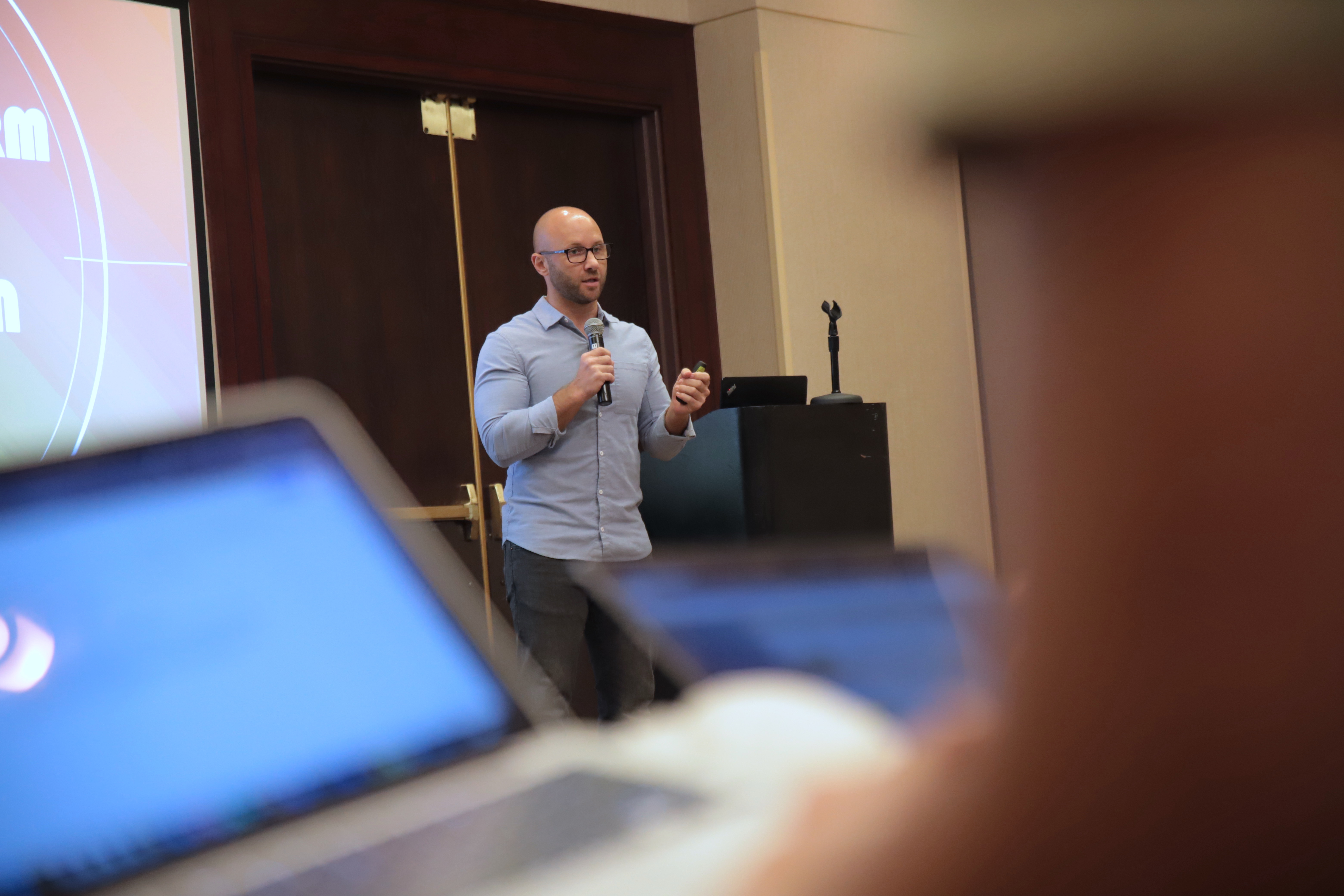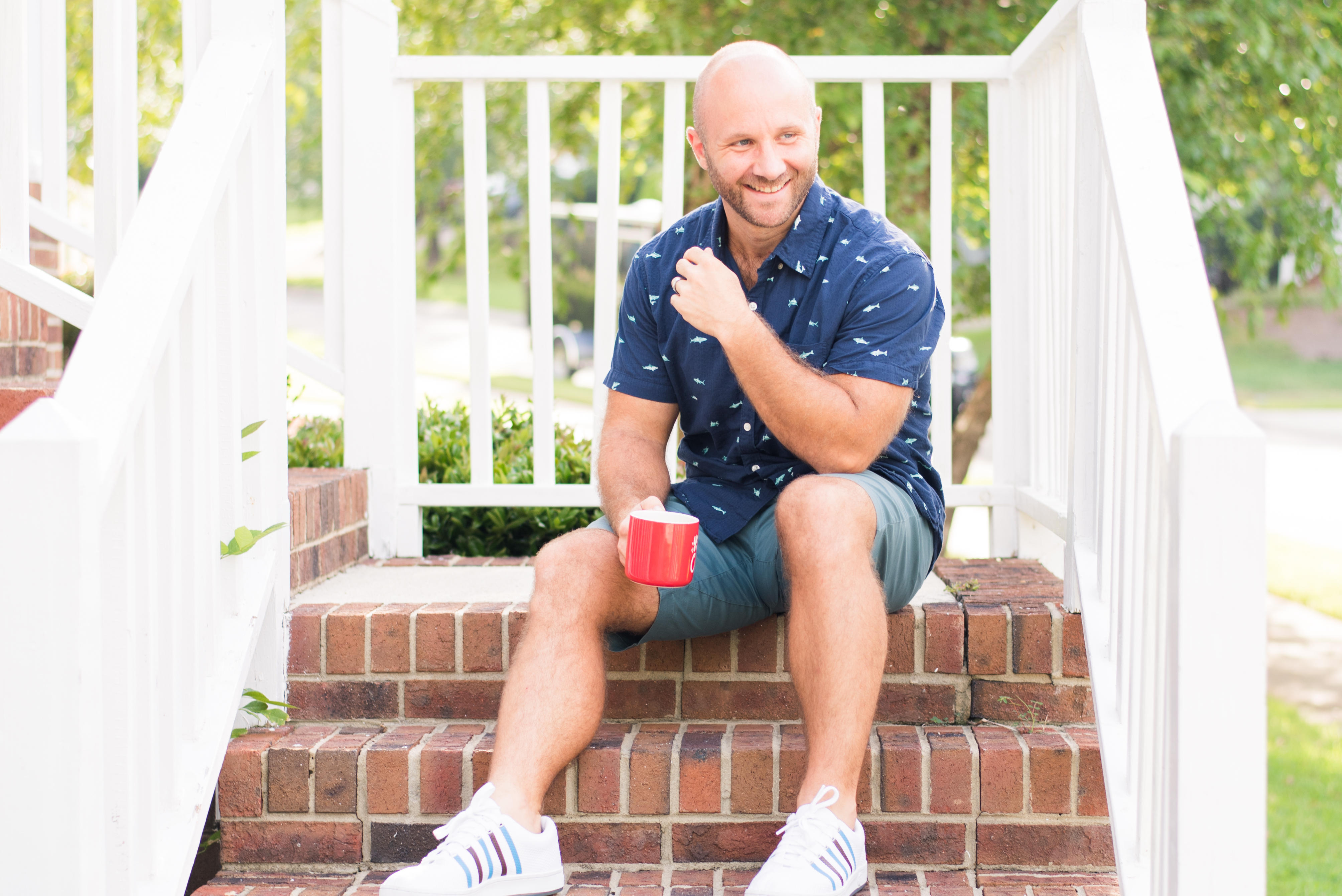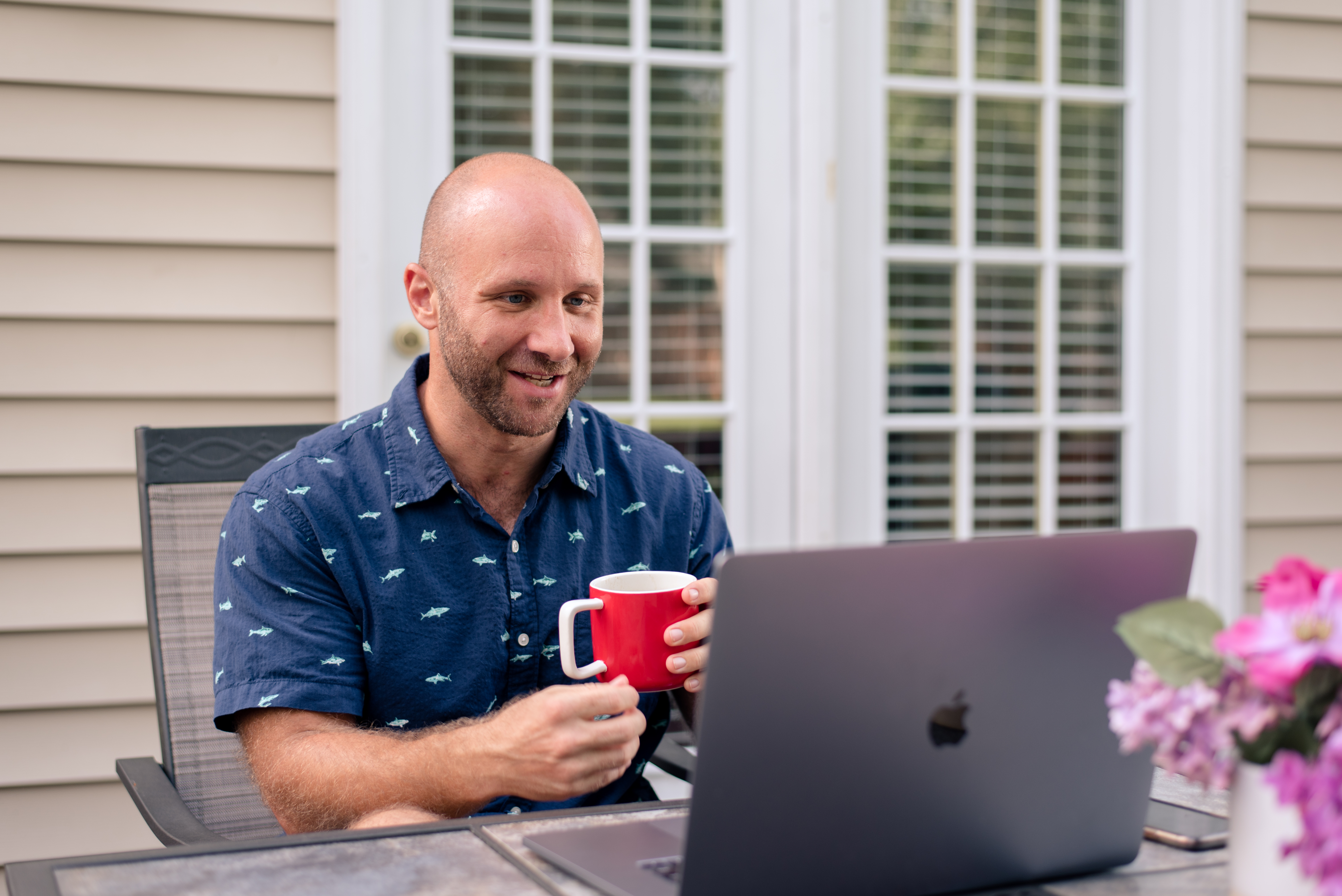To say things have been challenging this year is an understatement and an obvious one.
No matter to what degree one has suffered, and in what capacity, suffering has occurred. One of the least talked about consequences of the coronavirus pandemic is the effect it has had on the mental health of our members of society and communities at large.
Start asking questions to anyone and as those onion layers are peeled back, you’ll see signs of any combination of depression, anxiety, stress, anger, and sadness.
I’ve had a pretty comfortable year, considering, but lately I’ve noticed patterns in my behavior that show I’m struggling to keep control of my emotions. Though the cause of most of my issues and reactions isn’t directly tied to the pandemic, I’d be negligent to not consider it as one of the influences.
Most of my struggles with mental health and happiness are always tied to work.
As the child of an alcoholic, I became what’s known as the “family hero” archetype. Whenever I accomplished something good — like getting all A’s in school, or scoring the most goals in soccer — it provided a jolt of positivity into a dark and tumultuous environment.
Consequently, I became a man whose self worth is wrapped up in his productivity.
Lately, I’ve been wanting to go back to therapy. By nature, I was — as a product of my upbringing — one of those people who thought therapy was for “crazy” people and I could just “tough it out” through any conflict or confrontation.
But after a fallout with my brother (over business, as it were) many years ago, I learned the immense value of having a professional to talk to and guide me through these issues. I had so many eye-opening moments during these sessions, including learning about how I navigated the world as an adult child of an alcoholic.
I stopped going eventually — not because I gave up on it, but because I had a handle on things and couldn’t afford to keep paying for the service with no health insurance.
For the past 10 years, I’ve told many people about my experience and hopefully convinced some of them that thought like me initially to seek out help and stop thinking of therapy as this taboo topic that was just for critical situations.
Therapy is not just for crises.
So after realizing that it might be good for me to get some guidance again, especially as my business grows and new conflict arise, I decided to ask some friends.
I put out a post on Facebook last week asking for good recommendations:
Anybody in Durham know a good therapist?
Preferably someone with a business/entrepreneurship focus. Could be a business coach, but I’m also looking for some guidance with personal issues. Since my self worth is tied up in my productivity, the two are very intertwined.
(obviously you can DM if you aren’t comfortable sharing in a comment, but also: let’s normalize seeking help with our health)
The responses poured in. They were well thought out and considerate.
Friends sent me comments. Coaches sent me messages to let me know they’d be willing to help. But no one asked if I “was okay” and no one apologized for what might be going on in my life.
One post just said: “Just chiming in to say i love the vulnerability of this post.”
Another read: “Good on you for seeking support to make you more effective and fulfilled in your life / work. I agree that seeking mental health help should be normal, like seeking out a personal trainer or doctor—our brains are the most complex organs in our bodies and often receive the least attention! That should change.”
And that last line is the one that resonated with me the most.
Seeking out help for our health and happiness shouldn’t have to be congratulated.
It should be normal — just like asking our friends who is their favorite personal trainer, or massage therapist, or mechanic.
The more we normalize it, the less vulnerable we have to be to seek it.
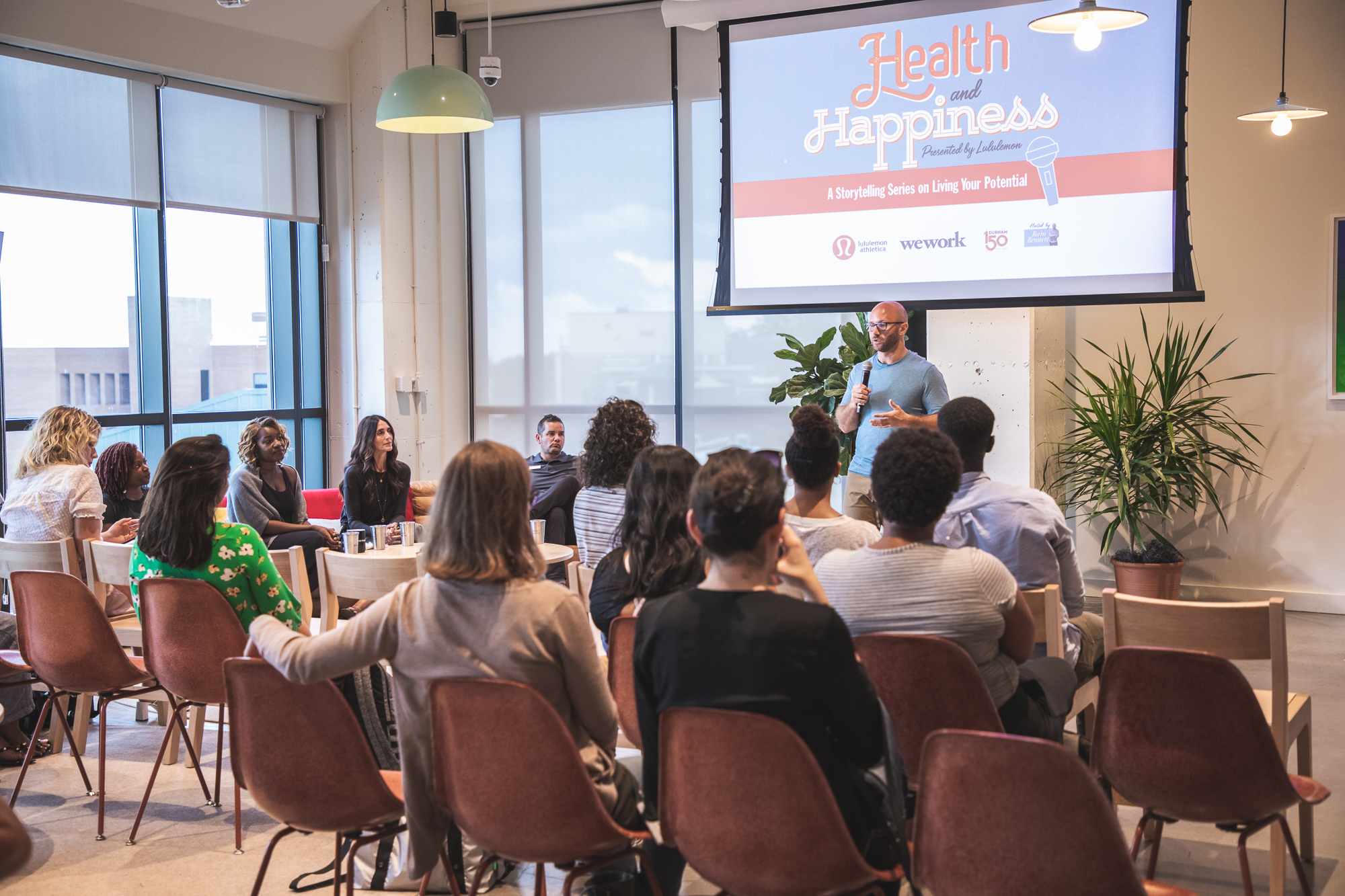
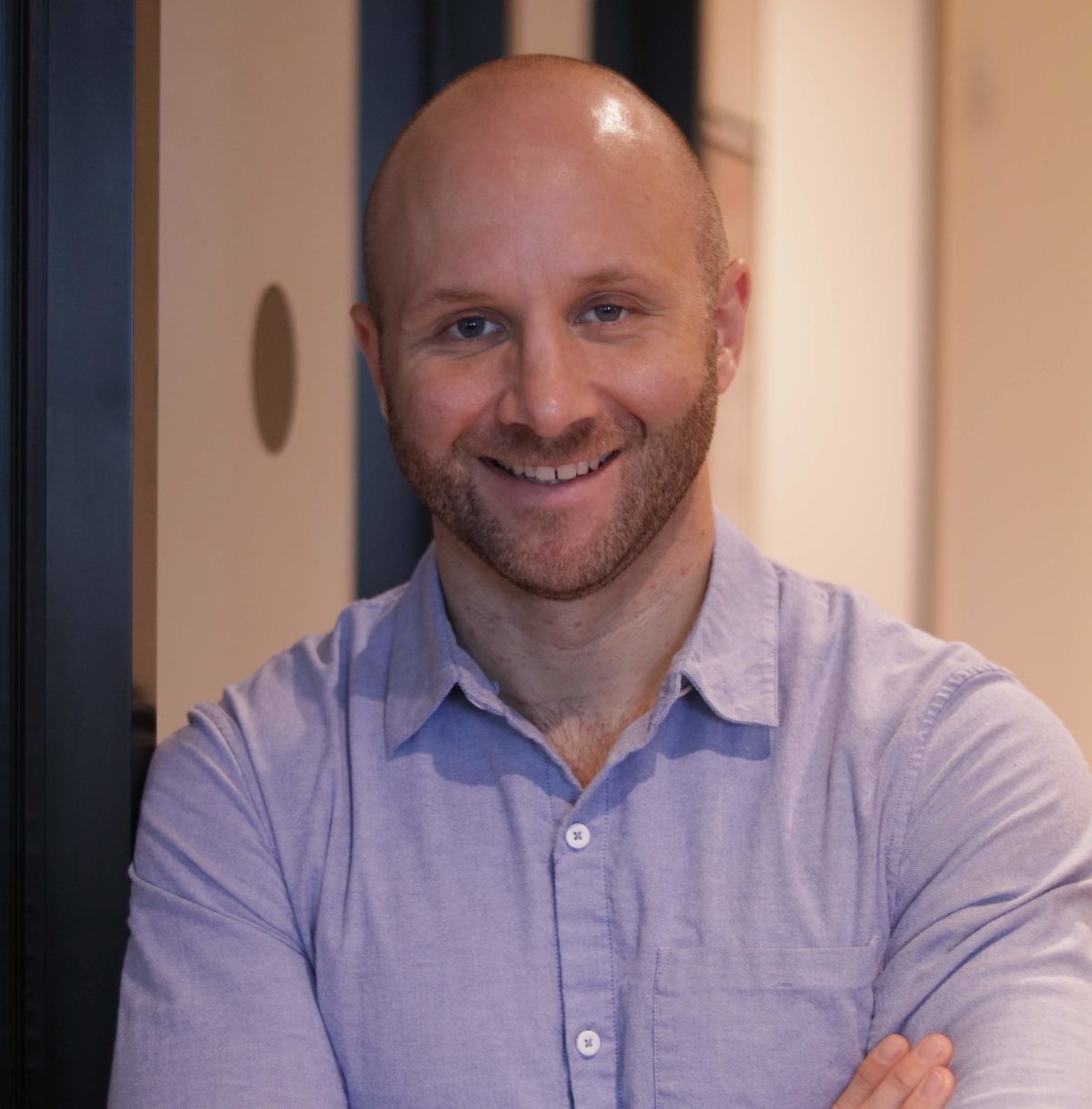 Rain Bennett is a two-time Emmy-nominated filmmaker, writer, and competitive storyteller with over a decade of experience producing documentary films that focus on health and wellness. His mission is simple: to make the world happier and healthier by sharing stories of change.
Rain Bennett is a two-time Emmy-nominated filmmaker, writer, and competitive storyteller with over a decade of experience producing documentary films that focus on health and wellness. His mission is simple: to make the world happier and healthier by sharing stories of change.
You can read the rest of “Right as Rain” here, and check back every Wednesday on Chapelboro for a new column!
Chapelboro.com does not charge subscription fees. You can support local journalism and our mission to serve the community. Contribute today – every single dollar matters.

